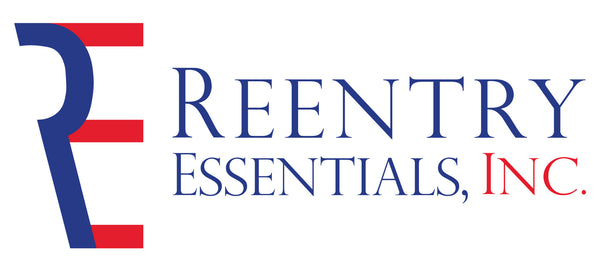Prepaid Card Basics
What are Prepaid Cards?
A prepaid card can be loaded with funds to make purchases anywhere a debt card is accepted. It looks like a debit or credit card and is a safe alternative to carrying cash and paying check-cashing fees. They are a good option for traveling and are a popular gift-giving idea because they are widely accepted.
Unlike credit cards, you cannot take on debt with a prepaid card, nor are prepaid cards linked to your bank account like debit cards. A prepaid card has a zero balance until money is added to it. When you make a purchase with a prepaid card, the amount is subtracted from the balance on the card. Once the balance reaches zero, the card is empty.
With Prepaid Cards You Can:
- Make purchases in person, online or by phone
- Give gifts to friends and family
- Withdraw cash from an ATM or bank
- Receive wages or funds by direct deposit to the card
- Pay bills
- Once the the card balance reaches zero, it can be thrown away unless it is a reloadable card
Types of Prepaid Cards
Open Loop. An electronic payment network-branded card honored wherever the network is accepted.
Closed Loop. A card used for transactions exclusively at a particular merchant's locations.
Reloadable Cards. A prepaid card that you can add money to.
Gift Cards. A non-reloadable card that can be given as a gift and used until the balance is zero.
Teen and Student Cards. Parents can teach teens and students financial responsibility while monitoring their spending with these cards.
Travel Cards. An alternative to cash and traveler's checks, card replacement and zero liability.
Payroll Cards. A card provided by your employer
to receive your paycheck.
Government Cards. Used by government agencies, they can pay certain benefits such as unemployment insurance.
Some prepaid cards can have money reloaded onto them so they can continue to be used. Others, such as gift cards, can be discarded when all the funds are spent.
Prepaid Card Features
There are many prepaid cards out there, and choosing the right one is important. What features are most important to you?
Reloadable
Some prepaid cards allow you to add money once the balance reaches zero. Gift cards are not reloadable.
Liability Protection
Some prepaid cards will protect your balance in case the card is lost or stolen. Look for a card that offers a zero-liability policy.
Expiration Dates
While many cards do not expire, some carry monthly maintenance fees, which can reduce your card balance. Prepaid cards are best for storing money you intend to spend in the short term.
Low Fees
Is there an activation fee charged when you set up the card? What are the fees charged for ATM withdrawals? Take note of any fees associated with the card you choose.
Protect Yourself and Your Money
Once you’ve chosen a prepaid card or received one, it’s up to you to keep your money safe.
Use the Card Carefully
Keep track of your balance so you don’t get charged a fee for trying to spend more than is available. If your wages or other benefits are deposited directly onto the card, make sure you know the amount and timing of the deposit.
Keep Your PIN Secret
Pick a number that’s hard for someone else to guess—not your birthday or address. Don’t tell it to anyone or write it where it could be easily found.
Remember Important Info
Make sure you know your card issuer’s policies for lost or stolen cards and keep your card number and the customer service phone number in a safe place at home.
Act Quickly
If your card is lost or stolen, let the card issuer know right away. Most card issuers will freeze the funds so the card can’t be used and send you a new card with your remaining balance on it.
Prepaid Card Resources
To learn about prepaid card insurance coverage, visit the Federal Deposit Insurance Corporation site at fdic.gov
Or call 1-877-275-3342 (877-ASK-FDIC)
To see frequently asked questions about prepaid cards, visit the Consumer Financial Protection Bureau website at consumerfinance.gov
To View a PDF version of this article click Here
